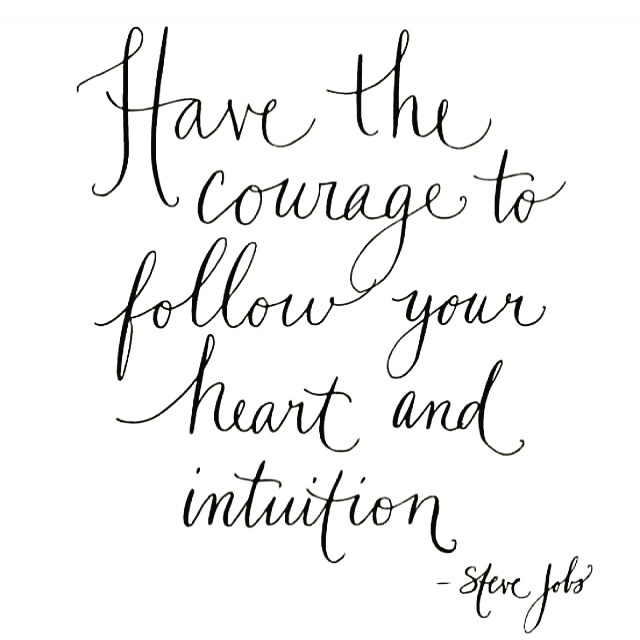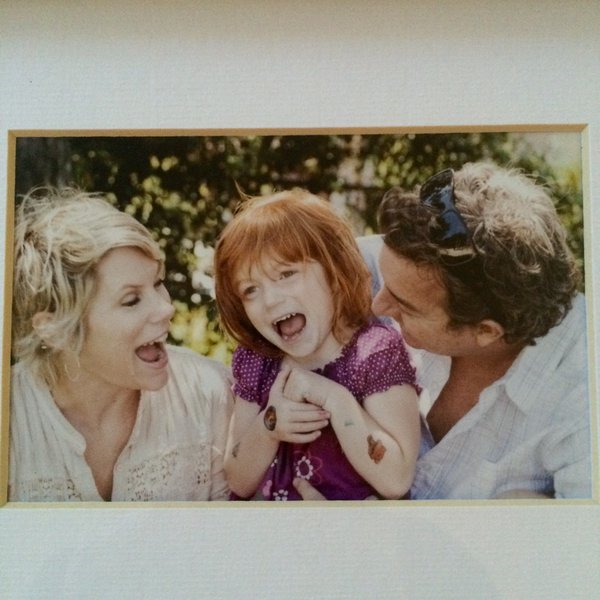
Reflections :: Self-contemplation helps you follow-through
Two weeks ago I posted about the “feminine” function of the psyche, what we might easiest call our emotional and intuitive inner life. In depth psychology, we name this the anima. A common wound in our logic-driven society is to thwart the needs of the inner life, to repress ourselves. It is a theme I write often about, how to gently recognize if we are hurting ourself by focusing too much on doing rather than being. Nurturing the inner function is a priority for a healthy individual. It extends to deeper, more authentic relationships, families, communities and so forth. The relationship with yourself is the starting point!
To keep the balance, today I’d like to write a bit about the “masculine” function, what we call the animus. Again, remind yourself that these concepts are functions, not genders! Each person, in order to be whole, must negotiate with both energies in their own personal life. No matter man or woman, learning how you relate to and use your own inner toolbox, your own natural and biological functions, can help your life.
The masculine function is that of action or follow-through. I don’t speak here of a personality type, in other words being out-going, which is a quality. We are speaking right now of something more essential. A person might be very private, shy even, but have a greatly developed capacity for seeing through the details in her own life. Drive and ambition, and the initiating sense that births these concepts, this is animus.
Depth psychologist and analyst, as well as NY Times best-selling author Clarissa Pinkola Estes said, “A woman with a poorly developed animus has lots of ideas and thoughts but is unable to manifest them in the outer world. She always stops short of the organization or implementation of her wonderful images.” Injury to the animus, and healing it, same as the to the anima, can be connected to how we are raised to relate to these ideas, from our earliest home to the society or community that most influences us.
For example, if a person is raised in a home where the parents were very passive, or perhaps grew up with friends and community, or schooling, where goals and accomplishments were not valued, the animus might be underdeveloped. Maybe the mother was very rigid, authoritarian even, repressing the emotional life and only concentrating on tasks and perfect “doing”. In this case an individual could, without knowing it, repress the animus function because they seek to not become like their mom. Both cases would show themselves in an adult as an inability to follow-through, or maybe continual self-sabatoge.
Self-reflection or self-contemplation is one of the most powerful tools for healing, and continually developing the masculine function. Imagine a mirror. Your reflection is your own inner world, your anima. It is there, no matter what. Do you choose to look at it? Choice is the masculine, the active part. The action of gazing is the animus because it requires action. Allowing yourself to really see yourself, without judgement, this is animus. Relaxing, being gentle with self-judgement, choosing to do this, is animus. That choice of gentleness then allows the feminine function, the inner life, to emerge safely.
This is practicing balance.
It’s a practice that changes daily, for the life of the individual is its own precious system that adjusts and readjusts all day long. There is no right answer, no absolute arrival, no perfecting this. For whole-bodied vitality, we need both functions, we need practice. So making the choice for quiet-time, and then following through with it makes subtle, perhaps necessary psychological changes. It is the age-old axiom of begin within, know thyself. It is a literal partnership between the different natural biological energies in you. May you begin today.
Photo courtesy of Flickr:
0


